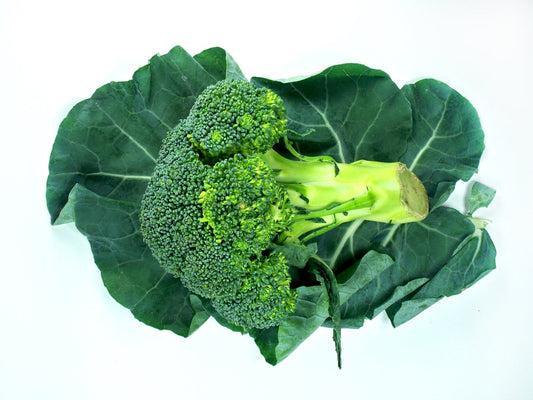
Tryptophan is often blamed for people wanting to take a nap after a big Thanksgiving turkey meal. While the likely culprit is too many simple carbohydrates, researchers have found this essential amino acid plays a critical role in gut health and helps keep inflammation under control as we age.
Tryptophan is an essential amino acid found in foods like turkey, chicken, oats and milk and impacts our mood, energy levels and immune response. It has been associated with good gut health and thus helping maintain the delicate balance of signals between the brain and the gut.
Dr. Sadanand Fulzele, an aging researcher in the Medical College of Georgia Department of Medicine, says a healthy microbiota helps ensure tryptophan produces the neurotransmitter serotonin, which reduces depression risk, and melatonin, which aids in a good night’s sleep.
Fulzele and his team discovered as we age a lack of tryptophan can make the gut microbiome less protective and increase bodily inflammation.
Putting older laboratory mice on a low tryptophan diet for just eight weeks led to changes in gut bacteria that resulted in systemic inflammation. These low tryptophan levels led to lower gut levels of Clostridium sp., which aids in the production of serotonin and other healthy processes. At the same time, it led to a threefold increase in Acetatifactor, which is associated with intestinal inflammation.
"We think the microbiome plays an important role in the aging process and we think one of those players in the aging is tryptophan, which produces metabolites that affect every organ function," says Dr. Carlos M. Isales, co-director of the MCG Center for Healthy Aging. "We also have evidence that the composition of the bacteria that utilize tryptophan changes so even if you eat more tryptophan, you may not use it correctly."
Some of the unhealthy changes resolved themselves within a few days after the tryptophan was restored to their diet. But increasing tryptophan did not always correct the problems so researches believe it’s best to keep the microbiota functioning optimally throughout life rather than attempting a tryptophan rescue after it’s too late.
Click here to read more in the International Journal of Molecular Sciences.



